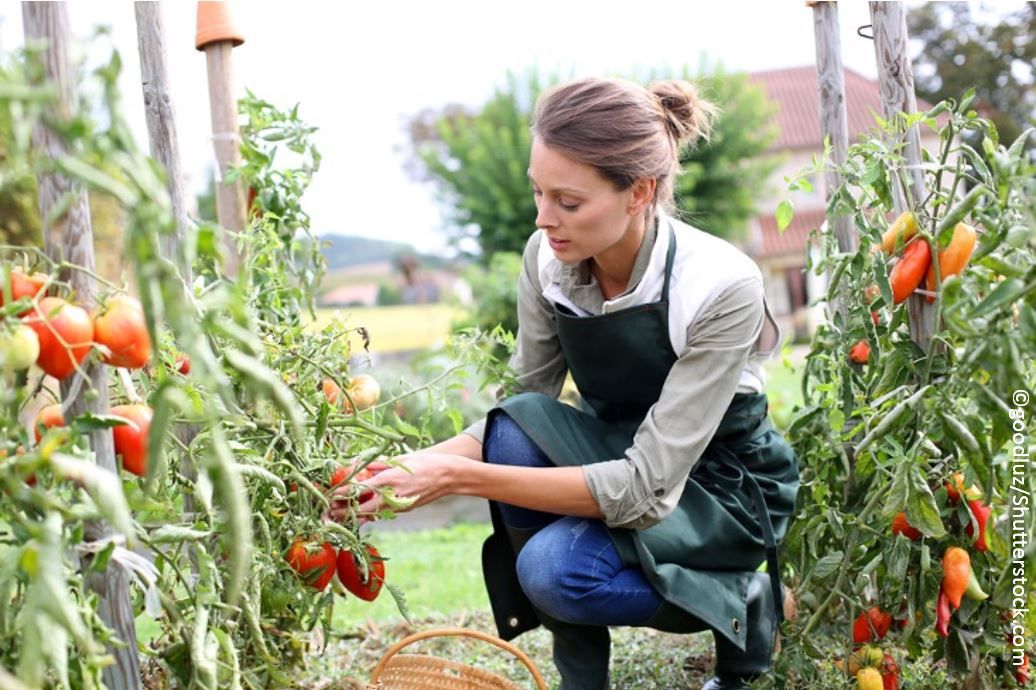Gardening Intervention Improves Outcomes Among Breast Cancer Survivors
The gardening intervention led to improvements in physical activity measures and other health outcomes in breast cancer survivors.

A home-based mentored intervention involving vegetable gardening was found to be feasible in a randomized study of breast cancer survivors. The intervention led to improvements in physical activity measures and other health outcomes.
“Evidence indicates that adopting healthier lifestyle behaviors may improve overall health, physical functioning, and health-related quality of life (HRQOL) among breast cancer survivors,” wrote study authors led by Jennifer R. Bail, PhD, RN, of the University of Alabama at Birmingham. “Vegetable gardening may provide a holistic approach to improving diet quality, physical activity, body weight status, and psychosocial well-being.”
In the new study, researchers randomized breast cancer survivors to either a 1-year mentored vegetable gardening intervention or to a wait-list control group. Master Gardeners, certified by the Alabama Cooperative Extension System, taught breast cancer survivors how to plan, plant, and maintain three seasons of vegetable gardens over the course of a year.
The study included 82 breast cancer survivors (44 gardening, 38 control), 4 of whom did not complete the study. The mean age in the study was 60.5 years; 73.2% were Caucasian, and 26.8% were African American. The average time since diagnosis was 5.4 years. Results of the study were published in Cancer.
All 42 participants in the intervention group who finished the study rated the experience as “good to excellent,” and all reported that they would “do it again.” All also reported that they planned to “continue to garden.” More than 88% of the participants reported gardening either daily or several times per week. At 2 years, 86% of the intervention breast cancer survivors reported that they were still gardening, and 36% of those reported a garden expansion.
From baseline to post-intervention, the intervention group had a change in vegetable servings consumed per day of +0.86, compared with +0.23 in the control group (P = .06). Self-reported physical activity per week rose significantly with the intervention compared with the control (P = .02).
Some measures of physical functioning also improved significantly more with the gardening intervention. On the 2-minute step test, gardeners saw an improvement of +21.9 steps, compared with +10.0 steps in the control group (P = .01). The gardening breast cancer survivors improved by +2.7 in a test of the number of arm curls they could perform, compared with +0.1 in the control group (P = .002).
“The findings of the current study suggest that mentored home-based vegetable gardening may offer an integrative approach with which to improve vegetable consumption, physical activity and function, body weight status, and HRQOL among breast cancer survivors,” the authors concluded. “Larger and broader studies are warranted to document the potential benefits of gardening across various groups of cancer survivors.”